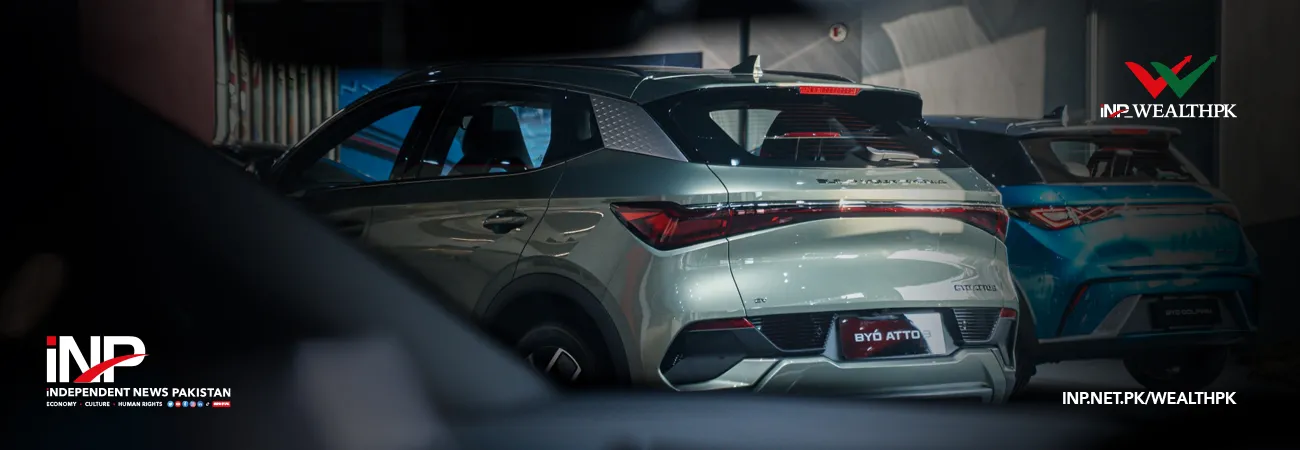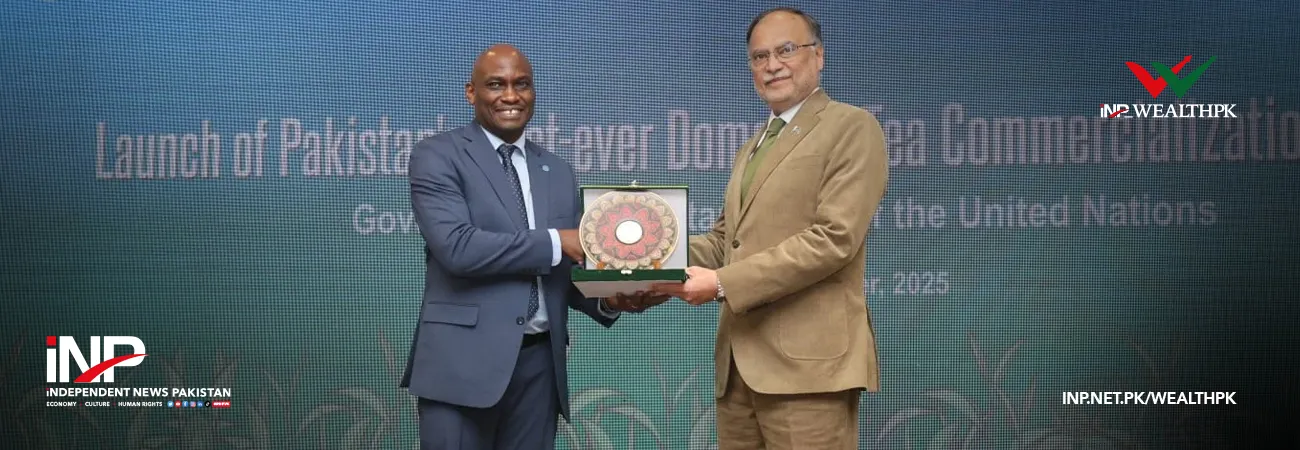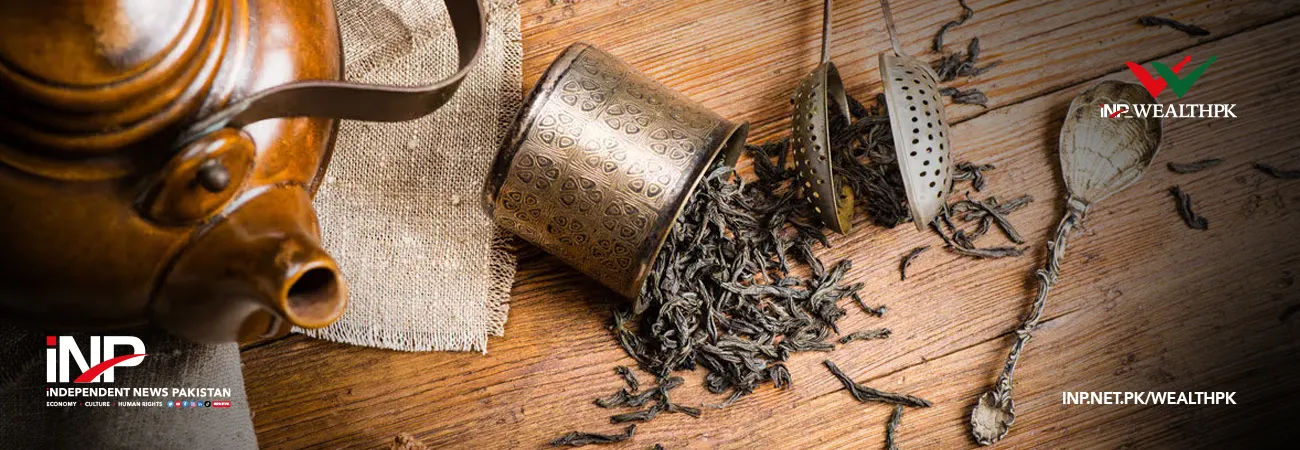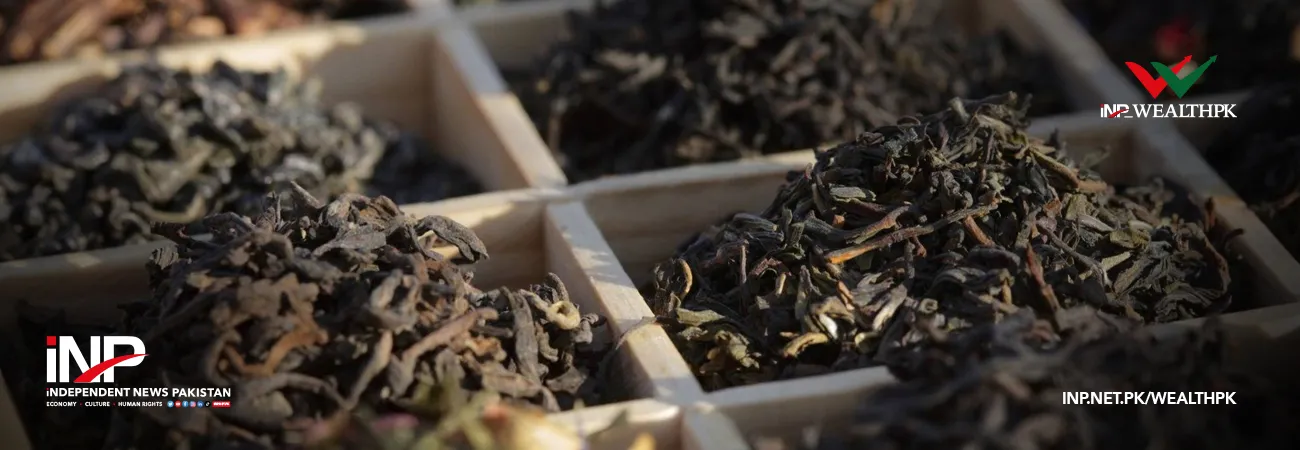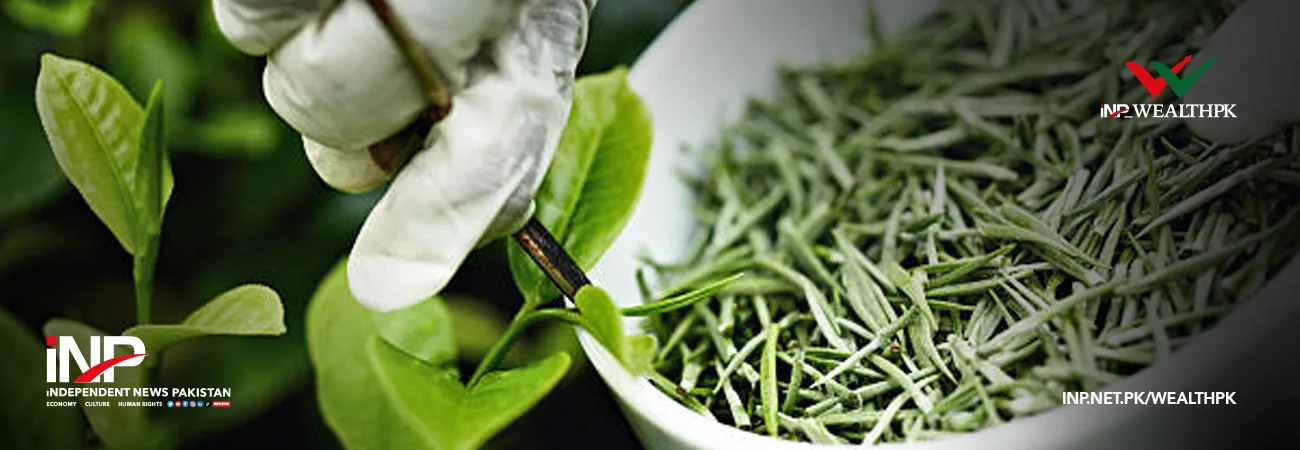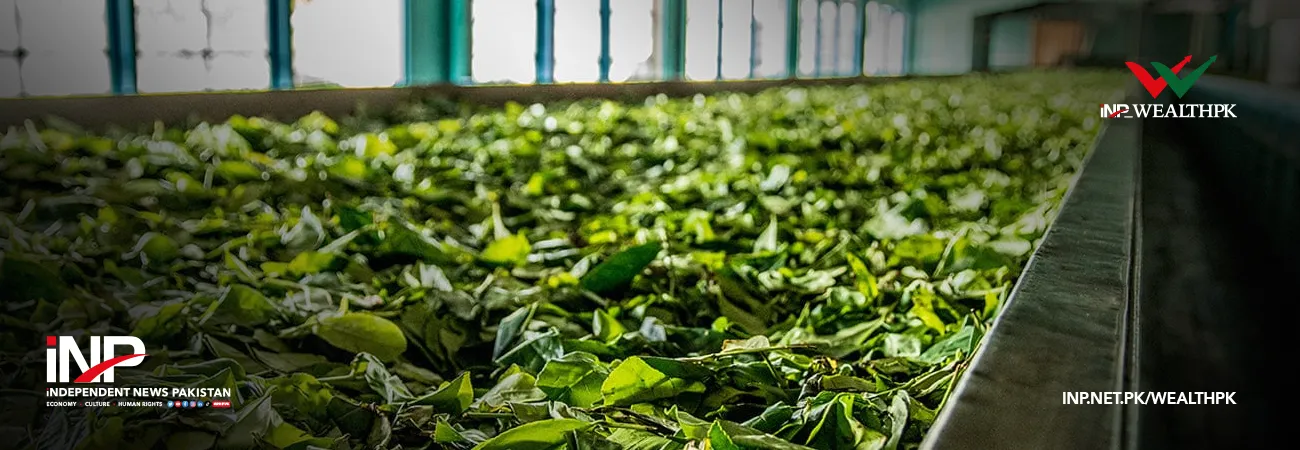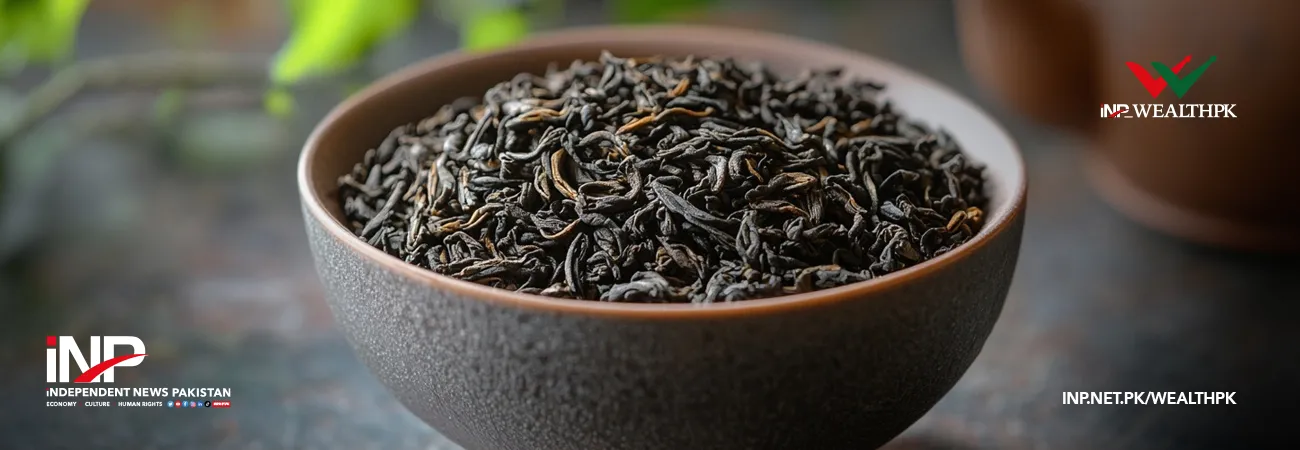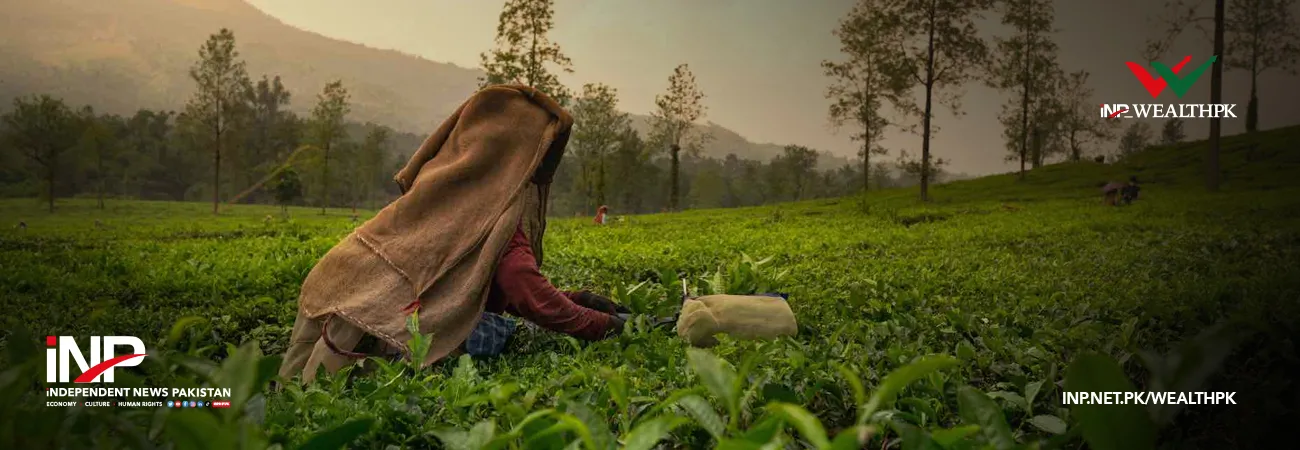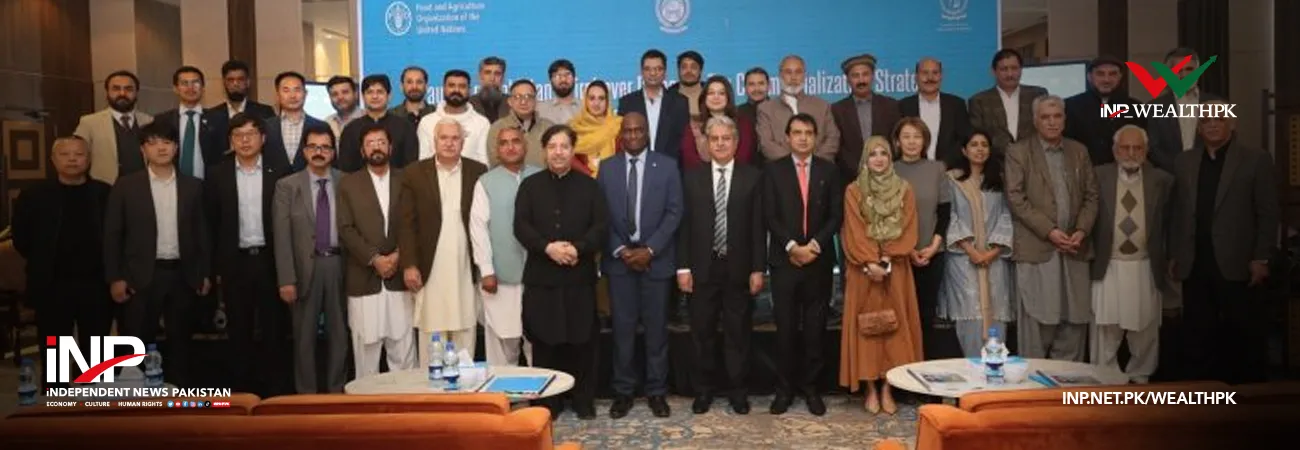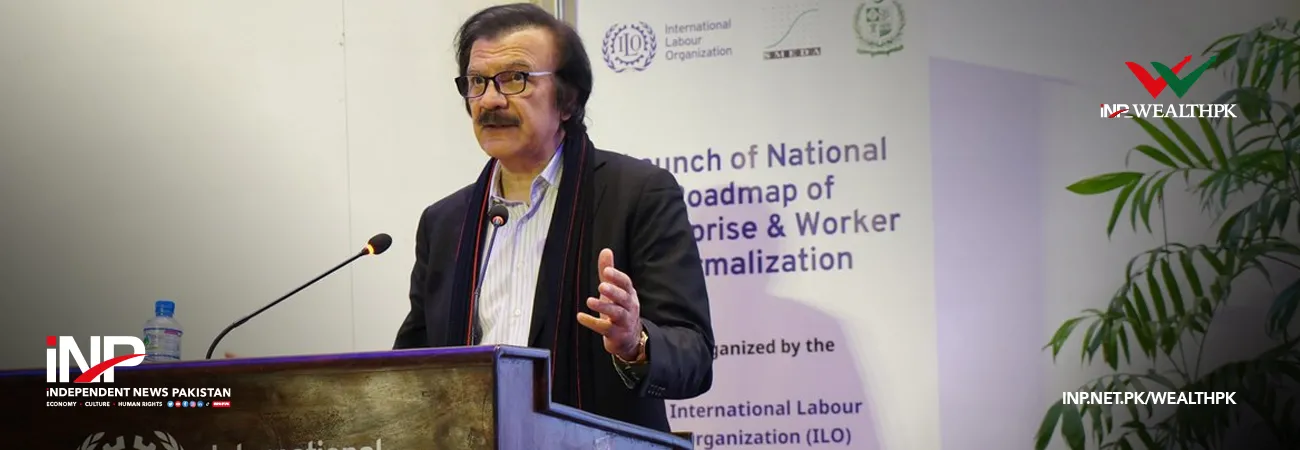INP-WealthPk
Amir Khan
The local automakers are still finding it hard to draw customers despite price reductions and registration incentives. Talking to WealthPK, Chairman All Pakistan Motor Dealers Association (APMDA) H.M. Shahzad noted a positive growth in the market for second-hand imported automobiles, despite incentives provided to the local auto industry. He said 28,000 used cars were imported between July and May of the current fiscal year (FY24) – a significant increase from 14,000-15,000 units imported during the entire FY23. Shahzad projected total imports to reach 35,000 units by the end of FY24, predicting that the government will collect approximately $400 million in customs duties and other taxes from these imports. "The share of 660-1,000cc vehicles constitutes 80% of the total imports," Shahzad noted, attributing the surge in used car imports to the political and economic stability compared to the uncertainty of the previous year.
Data from the Pakistan Bureau of Statistics (PBS) indicates that the import of completely built-up (CBU) units (motor cars) increased by 256%, reaching $207 million in July-April FY24, up from $58 million in the same period last fiscal year. This data includes both new and used car imports. Shahzad called for policy changes to further facilitate the import of used cars under the transfer of residence, gift, and baggage schemes. He suggested that the government increase the allowable age of imported vehicles from three to seven years for cars, including hybrids and electric vehicles, and from five to seven years for SUVs and light commercial vehicles (LCVs). The duties for these vehicles are paid in foreign exchange. "Eighty percent of the imported used cars (660cc-1000cc) are fuel-efficient, consuming only 22-24 kilometres per litre of petrol, thus reducing the overall burden of expensive imported fuel," Shahzad pointed out. The APMDA chairman highlighted that local assemblers spend a considerable amount of foreign exchange on importing complete kits and semi-knocked-down kits.
To address this, he suggested promoting used car imports, foreseeing how this could foster competition, lower prices, and deter black-market practices like "on-money" or premium pricing. This strategy may offer a pragmatic solution to alleviate the financial strain while fostering a more competitive market environment. The sales of locally assembled cars have seen a sharp decline, plunging 29% to 62,962 units in the first 10 months of FY24, compared to 88,260 units in the same period last fiscal year. Additionally, auto financing contracted for the 22nd consecutive month in April, falling to Rs236 billion from Rs239.4 billion in March, and down significantly from Rs368 billion at the end of June 2022, according to the data from the State Bank of Pakistan (SBP). The dealers have noted that the demand for financing remains strong for used cars as opposed to the locally assembled new vehicles, amid a high-interest rate of 22%.
Credit: INP-WealthPk



